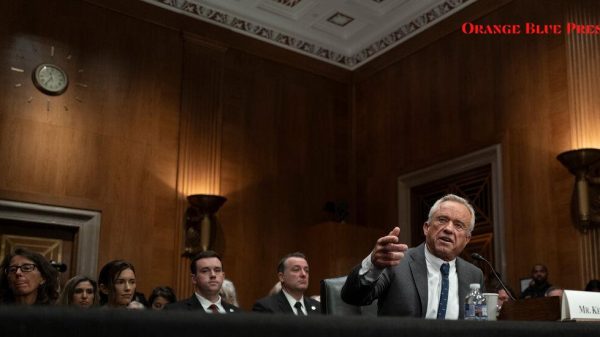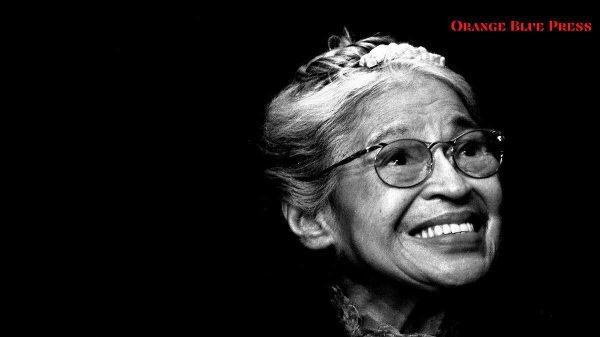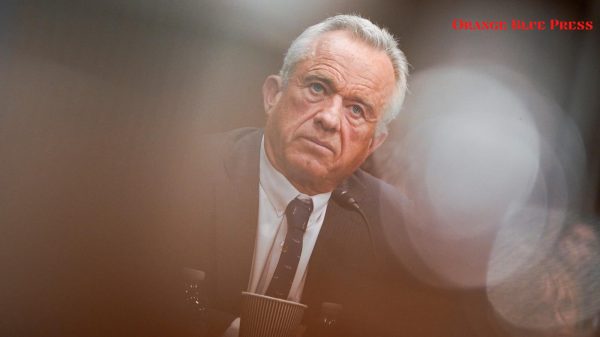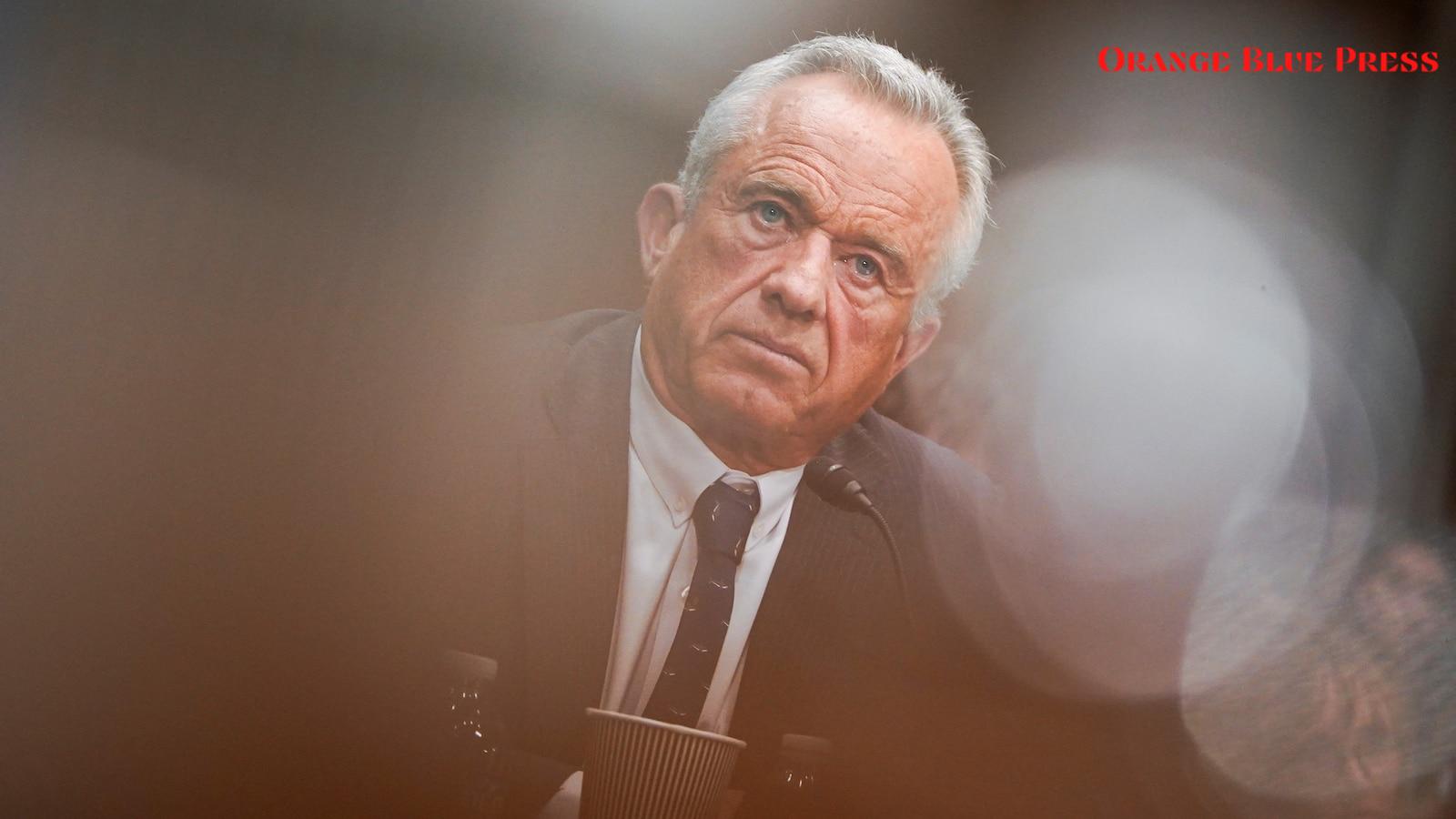The Senate Finance Committee is gearing up for a significant vote regarding Robert F. Kennedy Jr.’s nomination as the Health and Human Services Secretary. This pivotal moment arrives just as Democratic senators express serious concerns about Kennedy’s financial arrangements related to vaccine lawsuits. Their inquiries come at a time when trust and transparency are crucial, especially concerning health policies that impact millions of Americans.
Kennedy’s Son to Benefit from Vaccine Lawsuit Under New Plan
In a recent decision that has raised eyebrows among senators, Robert F. Kennedy Jr. has announced plans to transfer his financial stakes in a vaccine-related lawsuit to his son, Connor Kennedy. Connor, who works as an attorney at Wisner Baum—representing plaintiffs in the Gardasil lawsuit—could significantly profit from his father’s controversial position as Health Secretary. Senators Ron Wyden and Elizabeth Warren have labeled the arrangement as “troubling” and criticized it as “plainly inadequate,” suggesting it could create a conflict of interest that might disenfranchise families relying on health services.
Concerns Over Financial Transparency
In a letter sent to Kennedy, Wyden and Warren have demanded more clarity about his financial disclosures. The Democrats are not only worried about the transfer itself but also question the completeness and accuracy of Kennedy’s past financial disclosures. They believe that Kennedy’s documented history does not adequately reflect his potential earnings from these lawsuits, particularly in light of his roles at a time when vaccine policies are under intense scrutiny.
Mixed Republican Reactions
While many Republicans support Kennedy’s nomination, some members express reservations about his past comments regarding vaccines. Senator Bill Cassidy has publicly stated he can’t fully support Kennedy and has expressed concerns about whether Kennedy can remain objective in his decision-making. The uncertainty surrounding Cassidy’s vote raises questions about whether he might be joined by other undecided Republican senators, such as Susan Collins and Lisa Murkowski, who are in a position to sway the vote.
The Importance of the Upcoming Vote
The committee vote, scheduled for Tuesday, is a crucial step that could determine the fate of Kennedy’s confirmation. Even if the committee ultimately votes against him, it is not the final word. A subsequent Senate floor vote would still be possible. Therefore, the outcome of this committee meeting is essential, as it may influence subsequent deliberations and also reflects broader public concerns about what can happen when personal interests intertwine with public health policies.
Public Debate Over Vaccine Policies
At the heart of the issue is a significant debate regarding vaccine policies and public health. Kennedy, a long-time advocate for anti-vaccine movements, has previously earned substantial referral fees, reportedly amounting to $2.5 million, from cases against vaccine manufacturers like Merck. As he steps into the potential role of overseeing the nation’s health, his past actions and statements receive renewed scrutiny, shaping public discourse surrounding health-related issues as well.
Next Steps for Kennedy’s Confirmation
The pressure is mounting as the confirmation vote approaches. Democratic senators are not only calling for transparency regarding Kennedy’s finances but are also raising questions about potential financial gain from his policies should he be confirmed. How this dynamic unfolds may impact not only Kennedy’s future but also the broader dialogue on health issues and vaccine trust in the American public.




















